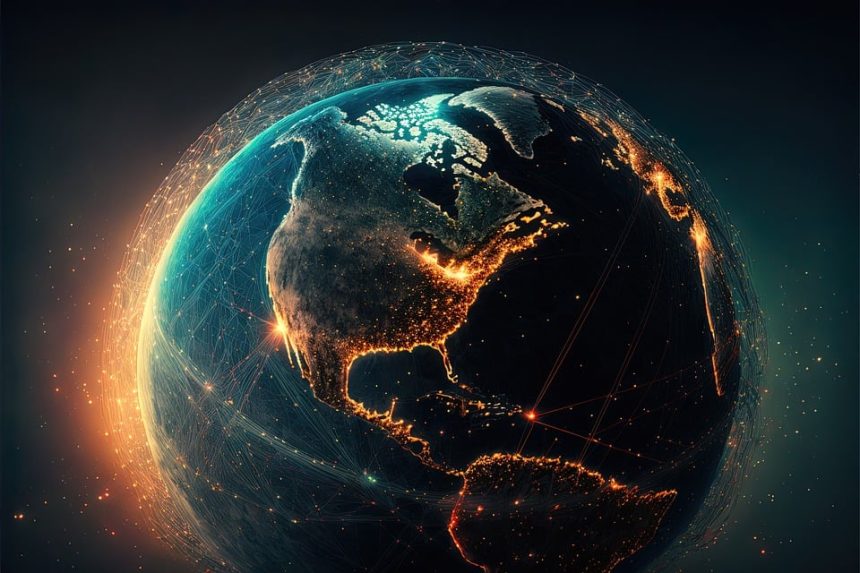NFTs Beyond Art: Exploring New Use Cases for Non-Fungible Tokens
Since their rise to fame, non-fungible tokens (NFTs) have become synonymous with the digital art world. High-profile sales, celebrity endorsements, and viral moments have made NFTs a buzzword in pop culture and commerce. However, their potential extends well beyond the realm of art and collectibles, venturing into diverse sectors that promise to reshape our interactions with digital assets, identity, and ownership. As we move into a new frontier of digital innovation, it’s worth exploring some of the emerging and transformative use cases of NFTs.
1. Digital Identity and Credentials
One promising application of NFTs lies in digital identity verification. Traditional forms of identity, such as government-issued IDs and certificates, can be cumbersome and prone to fraud. By using NFTs, individuals can create a secure digital identity that is verifiable, immutable, and easily accessible. For instance, educational institutions are beginning to issue diplomas and certificates as NFTs, allowing graduates to share their qualifications in a tamper-proof format. This not only curtails diploma fraud but also simplifies the verification process for employers and institutions.
2. Real Estate and Property Ownership
The real estate market is ripe for disruption through the adoption of NFTs. By tokenizing properties, real estate transactions can become more transparent and efficient. An NFT can represent ownership of a physical property, along with all relevant documentation, such as deeds and titles, stored on the blockchain. This can significantly reduce transaction times and eliminate the need for intermediary services. Additionally, fractional ownership through NFTs allows multiple investors to own a share of a high-value property, making real estate investment more accessible to the average person.
3. Gaming and Virtual Worlds
The gaming industry has embraced NFTs enthusiastically, exploring innovative ways to enhance player experiences and create new economic models. NFTs can represent in-game assets such as skins, weapons, and land—allowing players to buy, sell, and trade these items across different gaming platforms. This enhances the value of in-game achievements and builds a player-driven economy. In virtual worlds like Decentraland and The Sandbox, NFTs provide digital real estate and experiences, allowing users to create, own, and monetize virtual spaces. This shift toward ownership is changing how we perceive value and scarcity in digital environments.
4. Music and Entertainment
NFTs are reshaping the music industry by providing new ways for artists to monetize their work and engage with fans. Musicians can release exclusive tracks, albums, or concert tickets as NFTs, allowing fans to own unique pieces of their favorite artist’s work. This also enables artists to receive a larger portion of their proceeds directly, bypassing traditional music industry middlemen. Furthermore, NFTs can be used as a form of access—fans who hold an artist’s NFT could gain special privileges, such as VIP concert experiences, early access to new releases, or exclusive content insights.
5. Supply Chain and Provenance
In industries such as fashion, food, and luxury goods, establishing provenance and authenticity is crucial. NFTs provide a solution by creating verifiable records of the lifecycle of products. For instance, luxury brands are beginning to issue NFTs that detail a product’s journey from creation to sale. This not only combats counterfeit goods but also helps consumers make informed purchasing decisions based on ethical sourcing and environmental impact. Whenever a consumer buys an item, they can easily track its history through the NFT associated with it.
6. Event Ticketing
The ticketing industry faces ongoing challenges with scalping, counterfeit tickets, and lack of transparency. NFTs can streamline the ticketing process by allowing event organizers to issue digital tickets that cannot be duplicated or forged. Each NFT ticket can contain unique identifiers and its transfer history, preventing unauthorized reselling and ensuring that tickets are sold at fair prices. This model can increase trust in the ticketing system while providing better experiences for attendees.
Conclusion
The exploration of NFT use cases beyond art showcases the technology’s versatility and potential for innovation across various sectors. While the initial hype surrounding NFTs may have centered on digital collectibles and art, their applications are proving to be far-reaching and transformative. From revolutionizing real estate transactions to enhancing digital identity, NFTs are contributing to a more decentralized, transparent, and efficient digital economy. As this space continues to evolve, it will be essential for businesses, consumers, and regulators to navigate the challenges and opportunities that come with adopting this groundbreaking technology. The future of NFTs is only just beginning to unfold, and their impact on our digital lives promises to be profound.





